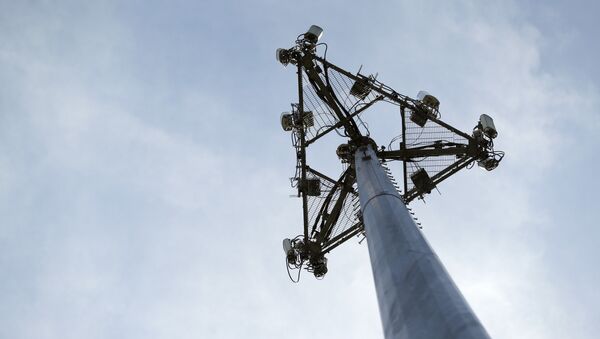The primary issue surrounding the appeal is to ascertain whether police violated a defendant's right to be free of unreasonable search and seizure by not, as is customary in most cases, first obtaining a search warrant, according to Reuters.
Under the Fourth Amendment of the US Constitution, a person has the right to be "secure" "against unreasonable searches and seizures," unless "probable cause" can be shown that the person is involved in some way and so relevant to an investigation.
The mundane details of the potentially groundbreaking case revolve around a man arrested for several robberies in the Detroit area in 2011. After gaining access to the suspect's location data through their cell phone carrier, law enforcement was able to tie the suspect to the various locations of the robberies.
The man was convicted and sent to prison but lawyers appealed the case, citing a federal provision called the Stored Communications Act, in which the government asserts that probable cause is not necessary — and so search warrants can be avoided — to gain access to user cellphone data stored by a carrier.
Rights groups, including the American Civil Liberties Union (ACLU), which will represent the suspect when the case goes to the Supreme Court, claim that the 1986 act is no longer relevant, given how much personal data is contained in a user's records.
ACLU staff attorney Nathan Freed Wessler, with the group's Speech, Privacy and Technology Project, asserted that, "Because cellphone location records can reveal countless private details of our lives, police should only be able to access them by getting a warrant based on probable cause."
At the University of Texas, Steve Vladeck, a national security and constitutional law professor, remarked that the case will have "enormous implications" for warrantless searches of cell phone data and also for personal information stored by other technology companies, particularly social media, according to Reuters.
The case is set to be one of the most important Fourth Amendment digital age privacy rulings in recent memory, according to civil liberties advocates and law experts.



